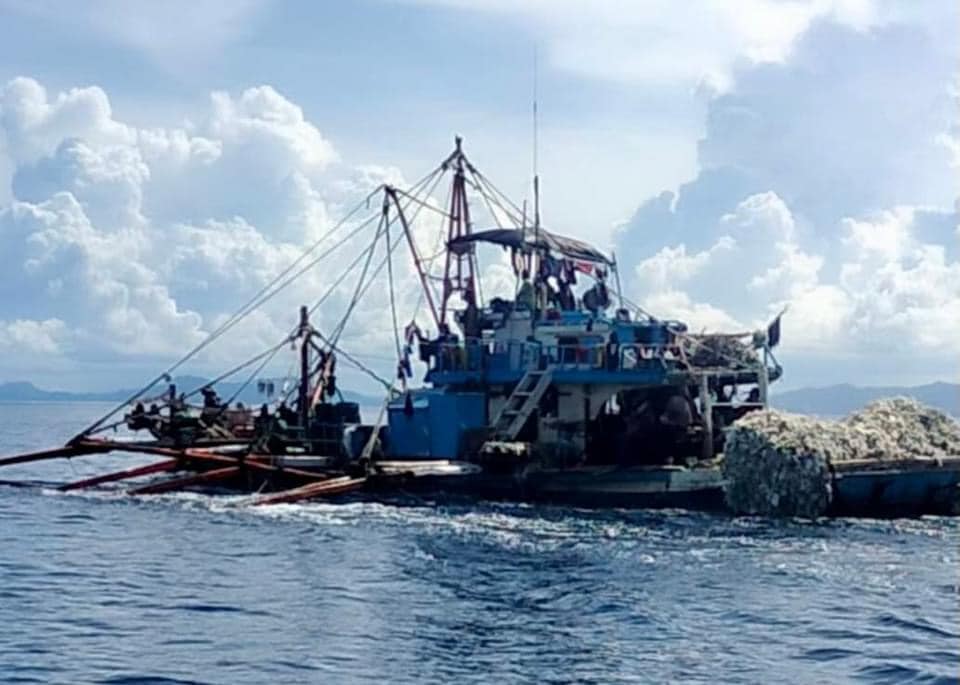KALIBO, Aklan – The recent announcement by the Bureau of Fisheries and Aquatic Resources (BFAR) that the coastal waters of Western Visayas remain free from red tide toxins is a welcome relief for both consumers and the local fishing industry. According to Shellfish Bulletin No. 12, released on June 28, 2024, the waters in Aklan, Capiz, Antique, Guimaras, and Iloilo are safe from this harmful phenomenon. This news is crucial for the region, where seafood is a dietary staple and a significant economic driver.
The Threat of Red Tide
Red tide, caused by harmful algal blooms (HABs), poses a severe threat to public health and the marine ecosystem. The toxin produced by these algae, known as saxitoxin, can lead to paralytic shellfish poisoning (PSP) when consumed by humans. Symptoms range from tingling and numbness to respiratory paralysis and even death in severe cases. This toxin is particularly dangerous because it is water-soluble and heat-stable, meaning it cannot be destroyed by cooking.
Regional Variations
While Western Visayas remains free from red tide, BFAR officer-in-charge Isidro Velayo Jr. has warned consumers about specific areas in the Visayas and Mindanao where red tide toxins are still present. These include San Benito in Surigao del Norte, Dauis and Tagbilaran City in Bohol, and Dumanquillas Bay in Zamboanga del Sur. Shellfish from these areas have tested positive for red tide toxins beyond the regulatory limit, making them unsafe for consumption.
Ensuring Safety
In light of these warnings, consumers need to adhere to BFAR's advice: avoid consuming all types of shellfish and alamang from affected areas. However, other seafood such as fish, squid, shrimp, and crabs remain safe for consumption, provided they are fresh, thoroughly washed, and properly prepared. It is crucial to remove internal organs like gills and intestines before cooking to minimize any potential risk.
The Importance of Vigilance
The vigilance of BFAR in monitoring and issuing timely red tide warnings is commendable. These precautions are vital in preventing potential health crises and ensuring the safety of seafood. Public awareness and cooperation are equally important. Consumers must stay informed about current advisories and exercise caution in their seafood choices.
Moving Forward
The current red tide-free status in Western Visayas is a positive sign, but it is not a reason for complacency. Continued monitoring and public education are essential. Authorities must maintain rigorous testing and swift communication of any changes in water quality. Additionally, investing in research to better understand and mitigate red tide's causes can help protect marine life and human health in the long term.
#WeTakeAStand #OpinYon #BFAR #RedTideRishinWesternVisayas
